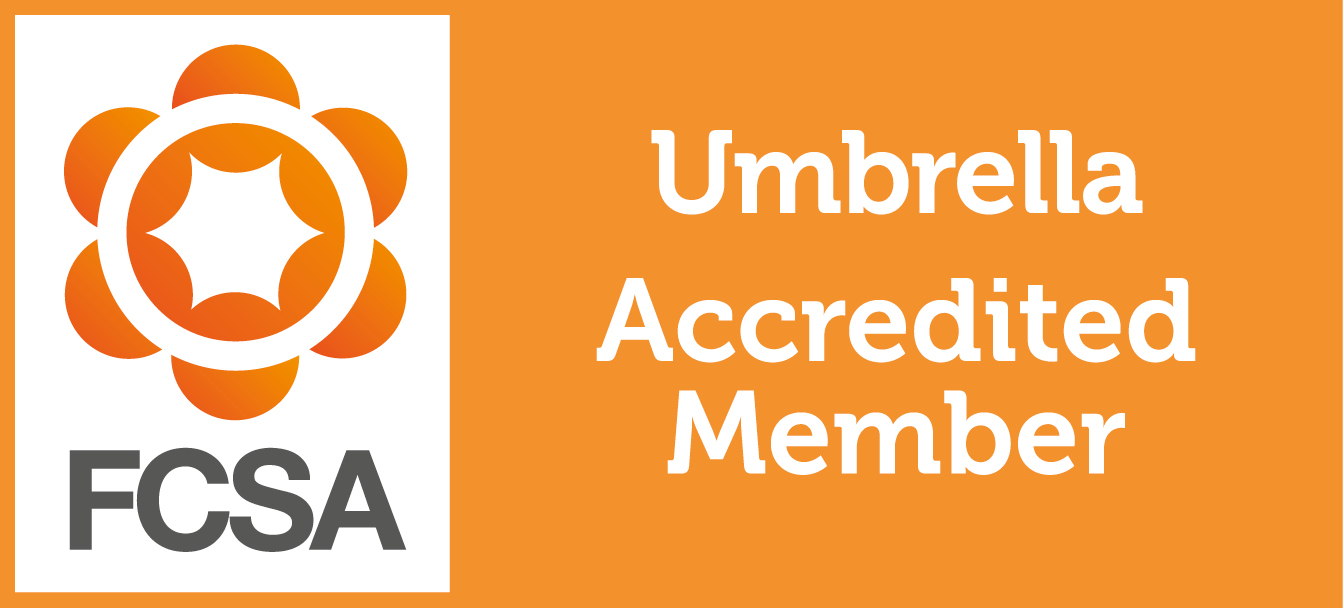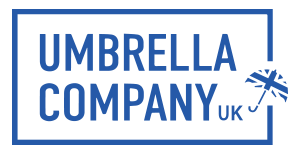
One of the benefits of being employed by an umbrella company is that your earnings are taxed before you are paid – so you don’t have to complete a tax return. However, you may need to complete one if you any have additional, untaxed income alongside your umbrella earnings.
What is a self-assessment tax return?
Simply put, a self-assessment tax return, or SA100 form, is HMRC’s way of finding out how much Income Tax and National Insurance Contributions are due on any earnings you have received which have not been taxed at source.
Permanent employees and contractors working through an umbrella company have their tax deducted automatically from their earnings before they are paid. This doesn’t happen for self-employed workers, or for any other forms of income, you may receive.
Do I need to complete a self-assessment tax return?
If you only receive income through an umbrella company, you will not need to complete a self-assessment tax return. However, if you meet any of the following criteria, you may need to complete one:
- If you are self-employed or a sole trader;
- You receive rent or income from property in the UK;
- You receive foreign income even if you don’t usually live in the UK;
- You qualify as a higher rate payer of tax;
- You have your own pension fund or certain savings/investments;
- You receive any other form of untaxed income specified on the government’s website.
When do I have to complete a self-assessment tax return?
The deadline for filing a self-assessment tax return is the 31st January after the end of the tax year you are filing for. For example, a 2019/20 tax return will need to be completed and filed by the 31st January 2021 deadline. However, you don’t have to wait until the deadline, and there are many benefits of filing your return early, such as knowing your tax liability and planning for any payment due.
How to complete your self-assessment tax return
If you are filing for the first time, you will need to make sure you have registered online with HMRC first. You will then be issued with a UTR number which you will need to keep handy while you complete your self-assessment. You will also need the following information to complete your self-assessment tax return:
- National Insurance Number;
- Records of any expenses relating to self-employment;
- Details of any contributions to pensions or charities that might be eligible for tax relief;
- Details of your untaxed income from the relevant tax year;
- A P60 or another record to show the income you’ve received has already been taxed.
Make sure you take your time completing your tax return – they can often be confusing, especially if it is your first time submitting a tax return.
Once you’ve filed your return, HMRC will calculate the amount of tax you need to pay which you must do before the deadline to avoid a late payment penalty. It’s always a good idea to keep a record of your tax return in the event HMRC chooses to investigate you.
Paying your self-assessment tax bill
There are many ways you can choose to pay your self-assessment tax bill, and these include:
- Online or telephone banking;
- Clearing House Automated Payment System (CHAPS);
- By debit or corporate credit card online;
- By cheque through the post;
- In-person at your bank or building society;
- By direct debit;
- Bankers Automated Clearing Service (BACS).
The deadlines for paying your self-assessment tax bill are usually:
- 31st January – for any tax owed from the previous year (known as a balancing payment) and your first payment on account.
- 31st July- Second payment on account.
As part of the measures introduced to support the self-employed during the coronavirus pandemic, the government announced that anyone who was due a second payment on account in July could defer this payment until the 31st January 2021. If you chose to delay payment, HMRC would not charge any interest or penalties as long as you make a payment before the January deadline.
If you think you may struggle to make payments as a result of the coronavirus pandemic, contact HMRC as soon as possible. You may be able to set up a payment plan to pay your tax bill in instalments or set up a time to pay arrangement.
Are there any penalties for missing the deadline?
You will receive a £100 penalty if your tax return is up to three months late and this will increase the longer you leave it. HMRC will also charge you interest if you pay your tax bill late.
If you have missed a payment and have been issued with a penalty, it is possible to appeal if you have what constitutes a reasonable excuse.
Enlist the help of our sister companies expert Personal Tax team
Our sister company Churchill Knight & Associates Ltd has a dedicated Personal Tax team, who, since 1998, has completed over 20,000 personal tax returns. Using an expert accountant for your tax return will ensure it is completed accurately and is submitted to HMRC by the deadline – saving you lots of time (and stress). To find out more about how they can support you, please give them a call on 01707 871622.






